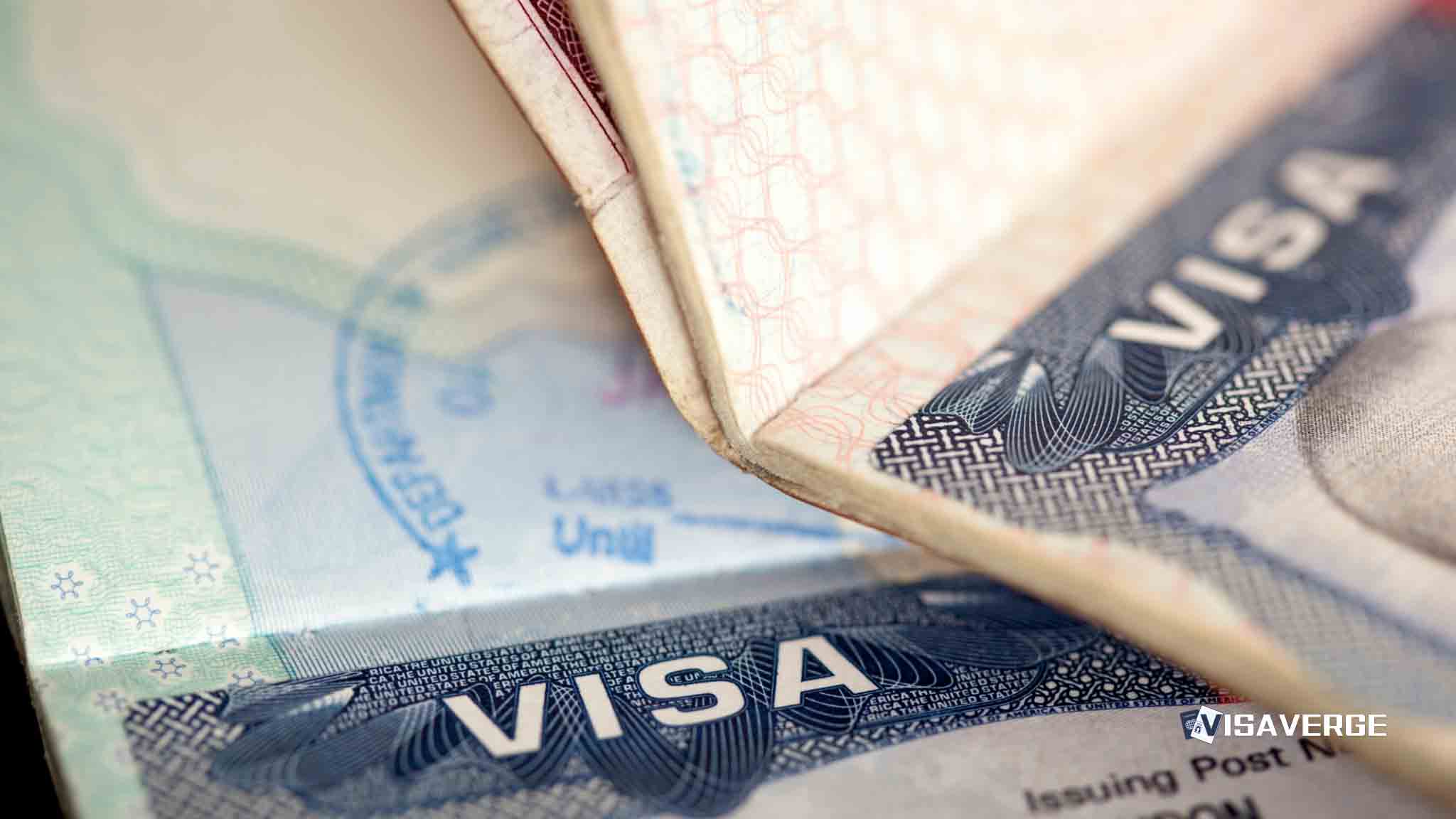Key Takeaways
• Arizona’s minimum wage rises to $14.70 per hour on January 1, 2025, increasing by 2.4%.
• Flagstaff and Tucson set higher local minimum wages at $17.85 and $15.00 per hour.
• Tipped employees earn a base of $11.70, requiring total pay of $14.70 per hour including tips.
As of January 1, 2025, the minimum wage in Arizona will rise to $14.70 per hour for most workers across the state. This new rate, set by the Fair Wages and Healthy Families Act, marks a 35-cent increase from the previous year and continues Arizona’s trend of annual wage adjustments tied to inflation. The change affects thousands of workers, employers, and families, especially those in lower-wage jobs or industries that rely on tipped employees. Here’s a detailed look at what this means, who is affected, and how the new minimum wage fits into Arizona’s broader economic and legal landscape.
Arizona’s Minimum Wage in 2025: Who, What, When, Where, and Why

Who: Most employees working in Arizona, including those in cities like Phoenix, Tucson, and Flagstaff, will see their pay rates change. However, some workers are exempt, and certain cities have set their own, higher minimum wages.
What: The minimum wage in Arizona increases to $14.70 per hour for standard employees. For tipped employees, the base wage is $11.70 per hour, but tips must bring total earnings up to at least $14.70 per hour.
When: The new rates take effect on January 1, 2025.
Where: The statewide rate applies across Arizona, but some cities—most notably Flagstaff and Tucson—have set higher local minimum wages.
Why: The increase is required by the Fair Wages and Healthy Families Act (Proposition 206), a law passed by Arizona voters in 2016. This law ensures that wages keep up with the rising cost of living by tying increases to inflation.
How Arizona’s Minimum Wage is Set
Arizona’s minimum wage law is unique because it automatically adjusts every year based on inflation. The law uses the Consumer Price Index (CPI), which measures how much prices for everyday goods and services go up. Each year, the state looks at how much the CPI increased from August of the previous year to August of the current year. The minimum wage then goes up by the same percentage.
For 2025, the CPI increase led to a 2.4% rise in the minimum wage, moving it from $14.35 in 2024 to $14.70 in 2025. This system helps make sure that workers’ paychecks don’t lose value as the cost of living goes up.
Detailed Breakdown: Arizona Minimum Wage Rates for 2025
Here’s a closer look at the different minimum wage rates across Arizona for 2025:
- Standard Minimum Wage:
$14.70 per hour statewide (except where local laws set a higher rate) - Tipped Employees:
$11.70 per hour base wage. Employers can pay this lower rate if tips bring the worker’s total hourly earnings up to at least $14.70. Employers must keep careful records to prove this. -
Flagstaff:
$17.85 per hour—the highest in the state, reflecting the city’s higher cost of living and local ordinance. -
Tucson:
$15.00 per hour—increased from $14.25, effective January 1, 2025. -
Phoenix:
$14.70 per hour—follows the state minimum wage.
Important: If you work in a city with a higher local minimum wage, your employer must pay you the higher rate.
Why the Minimum Wage Keeps Rising in Arizona
The main reason for these yearly increases is the Fair Wages and Healthy Families Act. Voters approved this law in 2016 to help workers keep up with the cost of living. Before this law, Arizona’s minimum wage was much lower and did not always keep pace with inflation.
Since the law passed, the minimum wage has gone up every year:
- 2021: $12.15 per hour
- 2022: $12.80 per hour
- 2023: $13.85 per hour
- 2024: $14.35 per hour
- 2025: $14.70 per hour
This steady increase helps workers afford basic needs like housing, food, and transportation, especially as prices rise.
How the Minimum Wage Affects Tipped Employees
Tipped employees—such as restaurant servers, bartenders, and some hotel workers—have a different minimum wage. In Arizona, employers can pay tipped workers $3.00 less per hour than the standard minimum wage, as long as tips make up the difference.
- Base wage for tipped employees in 2025: $11.70 per hour
- Total minimum earnings (wages + tips): Must be at least $14.70 per hour
Employers must keep accurate records of tips and pay extra if a worker’s tips plus base wage do not reach the minimum. If you’re a tipped worker and your tips plus base wage don’t add up to $14.70 per hour, your employer must make up the difference.
Who is Exempt from Arizona’s Minimum Wage?
Not every worker in Arizona is covered by the state minimum wage law. Some groups are exempt, meaning employers do not have to pay them the minimum wage. These include:
- Family business employees: People working for their parents or siblings
- Casual babysitters: Occasional, informal babysitting jobs
- Small businesses: Companies with less than $500,000 in annual revenue (as defined by federal law)
- Government employees: State and federal workers
- Some farm workers and workers with disabilities
- Young workers: Employees under age 20 during their first 90 days on the job
If you’re not sure whether you’re exempt, you can check with the Arizona Department of Economic Security or review the official Arizona Minimum Wage FAQ for more details.
Local Minimum Wage Laws: Flagstaff and Tucson
Some cities in Arizona have decided to set their own, higher minimum wages. This is allowed under state law, and it means workers in these cities get paid more than the statewide minimum.
- Flagstaff:
Flagstaff has the highest minimum wage in Arizona at $17.85 per hour starting January 1, 2025. The city passed its own minimum wage law to address the higher cost of living in the area. -
Tucson:
Tucson’s minimum wage will rise to $15.00 per hour in 2025, up from $14.25. This change is part of a local effort to help workers keep up with rising prices.
If you work in these cities, your employer must pay you the local minimum wage, even if the state minimum is lower.
How Arizona’s Minimum Wage Compares to the Federal Rate
The federal minimum wage in the United States 🇺🇸 is $7.25 per hour. However, Arizona’s minimum wage is much higher, and employers in Arizona must follow the state or local rate if it’s higher than the federal rate.
This means that most workers in Arizona earn at least double the federal minimum wage. The only exceptions are workers who are exempt under state or federal law.
What Employers Need to Do
Employers in Arizona have several important responsibilities to stay in compliance with the new minimum wage:
- Update payroll systems to reflect the new $14.70 minimum wage starting January 1, 2025.
- Post updated minimum wage notices in the workplace where employees can see them.
- Track tips for tipped employees to ensure total pay meets or exceeds $14.70 per hour.
- Review exemptions to make sure only eligible employees are paid less than the minimum wage.
- Pay higher local minimum wages if operating in cities like Flagstaff or Tucson.
Employers who fail to follow these rules can face penalties, fines, and even lawsuits from employees.
What Employees Should Know
If you’re an employee in Arizona, here’s what you need to know about your rights:
- You must be paid at least $14.70 per hour (or the higher local rate if you work in Flagstaff or Tucson).
- Tipped workers must earn at least $14.70 per hour in total, including tips.
- You have the right to see posted minimum wage notices at your workplace.
- If you think you’re being paid less than the minimum wage, you can file a complaint with the Arizona Industrial Commission or seek help from the Arizona Department of Economic Security.
Why the Minimum Wage Matters for Immigrants and Newcomers
For many immigrants and newcomers to Arizona, minimum wage jobs are often the first step into the workforce. These jobs can be in restaurants, hotels, cleaning services, or retail stores. The annual increase in the minimum wage helps these workers earn enough to cover basic living expenses, send money home, or save for the future.
Raising the minimum wage also helps families who may be supporting relatives in other countries. It can make a big difference in the quality of life for those who are just starting out in the United States 🇺🇸.
The Fair Wages and Healthy Families Act: What It Means
The Fair Wages and Healthy Families Act (Proposition 206) is the law behind Arizona’s minimum wage increases. It was approved by voters in 2016 and has two main goals:
- Raise the minimum wage to help workers keep up with the cost of living.
- Guarantee paid sick leave for most employees.
The law set a schedule for minimum wage increases up to $12 per hour by 2020, then required annual increases based on inflation. It also made sure that workers could take paid sick days, which is especially important for families and those with health concerns.
How the Minimum Wage is Calculated Each Year
Each year, Arizona’s minimum wage goes up based on the Consumer Price Index (CPI). The state looks at the percentage increase in the CPI from August of the previous year to August of the current year. The minimum wage then rises by that same percentage.
For example, if the CPI goes up by 2.4%, the minimum wage also goes up by 2.4%. This system helps protect workers from losing buying power as prices rise.
What Happens if Employers Don’t Comply?
Employers who don’t pay the correct minimum wage can face serious consequences:
- Fines and penalties: The state can fine employers who break the law.
- Back pay: Employers may have to pay workers the difference between what they were paid and what they should have received.
- Lawsuits: Employees can sue for unpaid wages.
Employers are encouraged to check the latest rules and seek help from the Arizona Department of Economic Security or the Industrial Commission of Arizona if they have questions.
Resources for Employers and Employees
Both employers and employees can find official information and help from the following sources:
- Arizona Department of Economic Security: Offers guidance, wage posters, and answers to common questions. Visit the official Arizona minimum wage page for up-to-date details.
- Industrial Commission of Arizona: Handles complaints and enforcement of wage laws.
- Title I Policy Team: Employers can email [email protected] for specific questions about compliance.
Looking Ahead: The Future of Minimum Wage in Arizona
Arizona’s minimum wage will continue to rise each year as long as inflation increases. Local cities may also choose to set their own, higher rates. It’s important for both employers and employees to stay informed about these changes.
As reported by VisaVerge.com, ongoing adjustments to the minimum wage are expected to help Arizona workers keep up with the cost of living, but they also mean that businesses must stay alert to new rules and rates.
Key Takeaways and Next Steps
- Arizona’s minimum wage rises to $14.70 per hour on January 1, 2025.
- Tipped employees must earn at least $14.70 per hour in total pay.
- Flagstaff and Tucson have higher local minimum wages ($17.85 and $15.00 per hour, respectively).
- Annual increases are tied to inflation under the Fair Wages and Healthy Families Act.
- Employers must update payroll and workplace notices to stay compliant.
- Employees should check their paychecks and know their rights.
For more information or to download official wage posters, visit the Arizona Industrial Commission’s minimum wage page.
By staying informed and following the rules, both workers and employers can benefit from Arizona’s approach to fair wages and a healthy workforce.
Learn Today
Minimum Wage → The lowest hourly pay rate that employers must legally pay workers in Arizona.
Fair Wages and Healthy Families Act → A 2016 Arizona law mandating annual minimum wage increases tied to inflation and paid sick leave.
Consumer Price Index (CPI) → A measure tracking changes in prices for goods and services used to adjust wages annually.
Tipped Employees → Workers who receive tips and have a lower base wage, but must reach minimum earnings with tips.
Exempt Employees → Workers not covered by minimum wage laws, including family business workers and some government employees.
This Article in a Nutshell
Arizona’s minimum wage increases to $14.70 per hour in 2025, rising with inflation. Cities like Flagstaff and Tucson have higher rates. Tipped workers must earn the full minimum wage, including tips, ensuring fair pay for thousands of employees statewide under the Fair Wages and Healthy Families Act.
— By VisaVerge.com













